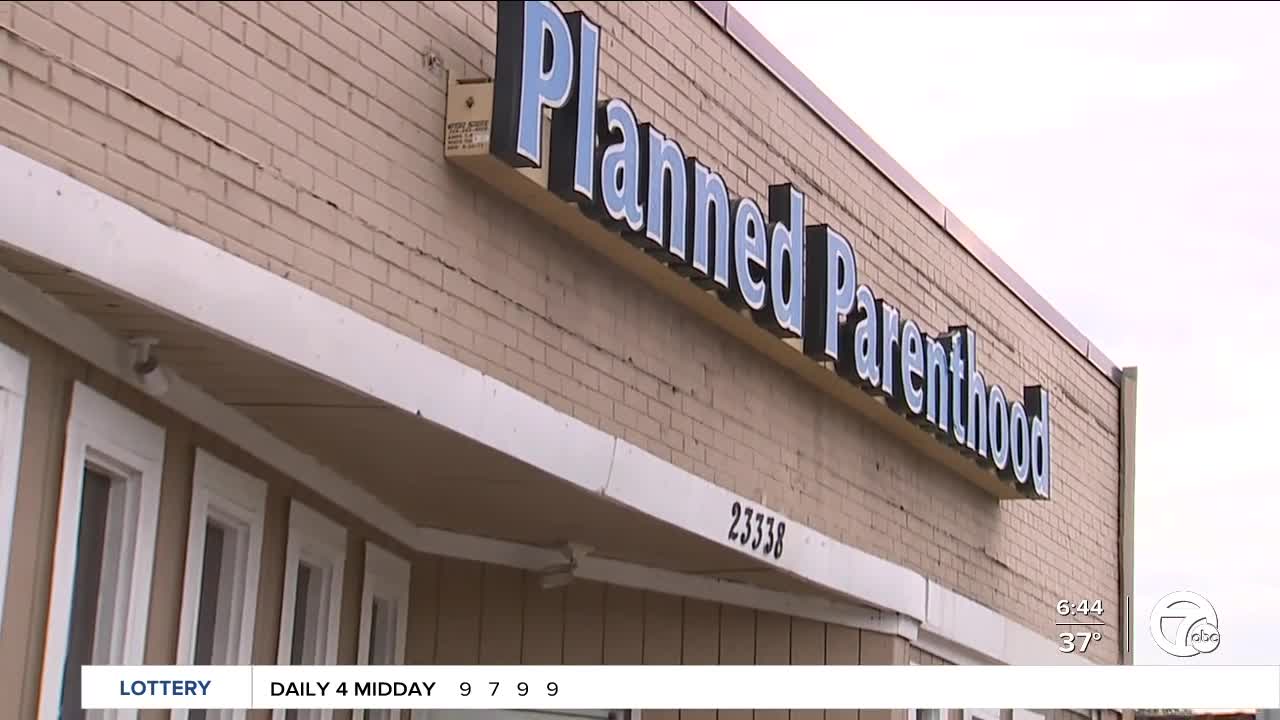Note: This story was originally published in November 2021. A report from May 2, 2022, said SCOTUS appears poised to overturn Roe v. Wade
In less than a month, the U.S. Supreme Court will hear oral arguments in the Mississippi case Dobbs v. Jackson Women's Health Organization, looking at the constitutionality of Mississippi's 15-week abortion ban.
It's a case that legal experts believe has the potential to impact millions of Americans who are able to get pregnant; it's seen as the first plausible challenge to Roe v. Wade in years.
Mississippi bans most abortions after 15 weeks, significantly before fetal viability which is generally around 24 weeks. A lower court has blocked enforcement of the law, citing its conflict with Roe v. Wade and subsequent abortion rulings.
The high court's consideration of the Mississippi case comes on the heels of oral arguments in the highly restrictive 6-week abortion ban in Texas.
“It’s always been a hypothetical. Not something that could actually happen as early as this spring," said Dr. Sarah Wallet of a threat to Roe.
Wallet is the Chief Medical Officer for Planned Parenthood of Michigan, which among other services also provides abortions.
Wallet is worried for her patients if abortion access were to be limited in our state, given Michigan's pre-Roe abortion ban dating back 90 years.
“It’s something that keeps me up at night," she said.
Our state's 1931 law which criminalizes abortion is still on the books, however it hasn't been enforced since the 70s due to Roe v. Wade.
A weakening or a repeal of that 1973 landmark ruling would mean real-life public health implications, said Dr. Joelle Abramowitz, an assistant research scientist at the University of Michigan's Institute for Social Research.
“We would definitely expect to see the largest impacts on low-income individuals," she said.
A reversal of Roe v. Wade would require Michiganders seeking abortions to travel further to legally obtain them. The average Michigander would have to drive around 260 miles compared to the current 13 miles, according to an analysis by The Guttmacher Institute, a pro-choice research group.
“Someone who is low income may not be able to take time off work to do that, they might not have the income to do that," Dr. Abramowitz said.
Mississippi's law is seeking to ban abortions about two months earlier than what's currently allowed under Roe.
Given that the Supreme Court is willing to hear the case given a lower court's previous ruling is significant. The court currently has a 6-3 majority of conservative-leaning Justices.
“We hope that a challenge would not be successful but if it were to be successful, we have some really serious concerns about what could happen in Michigan," said State Sen. Stephanie Chang of Michigan's first district which represents Detroit and downriver.
Chang, along with Sens. Erika Geiss (D-Taylor), Winnie Brinks (D-Grand Rapids) and Rosemary Bayer (D-Beverly Hills) introduced a package of bills earlier this year to repeal Michigan's abortion law from the 1930s.
“That law unfortunately just never got repealed," said Chang, who is also a Democrat.
It's not the first time Democrats in Michigan have tried to remove the law, but in a Republican-controlled legislature, it's an uphill battle. The bills remain in the Senate Judiciary Committee.
"People need to continue to speak up and raise their voice because this is a critically important issue," Chang said. "I definitely feel like there is much greater awareness and also a lot of fear and anger.”
Dr. Wallet said she and her staff are watching both the Texas and Mississippi cases very closely.
We asked what would happen logistically for Planned Parenthood's four health centers in metro Detroit that provide abortions, if Michigan's 1931 law were to be enforced.
“That’s a really good question and something that we’re trying to figure out right now," she said.
Michigan's Attorney General Dana Nessel, a Democrat, has said she would not enforce the ban. Governor Whitmer has also vowed to veto any legislation aimed at limiting reproductive rights in our state.
“Study after study in country after country, it is clear that changing the legality of abortion doesn’t change how many abortions happen," Wallet said.
Michigan's abortion rate, 15.8 for every 1,000 women, is the highest it's been since 1993 according to state data.
The bulk of abortions provided now are medical, not surgical. Dr.Wallet guesses that if abortion access was curtailed here in some way, people would still search out the medications online. But there's still a danger there, she said.
“I might be very afraid to reach out for help if I really needed it.”
Action News reached out to Republican lawmakers for an interview and did not hear back by our deadline.
The Supreme Court will hear oral arguments in the Mississippi case on Dec. 1.



